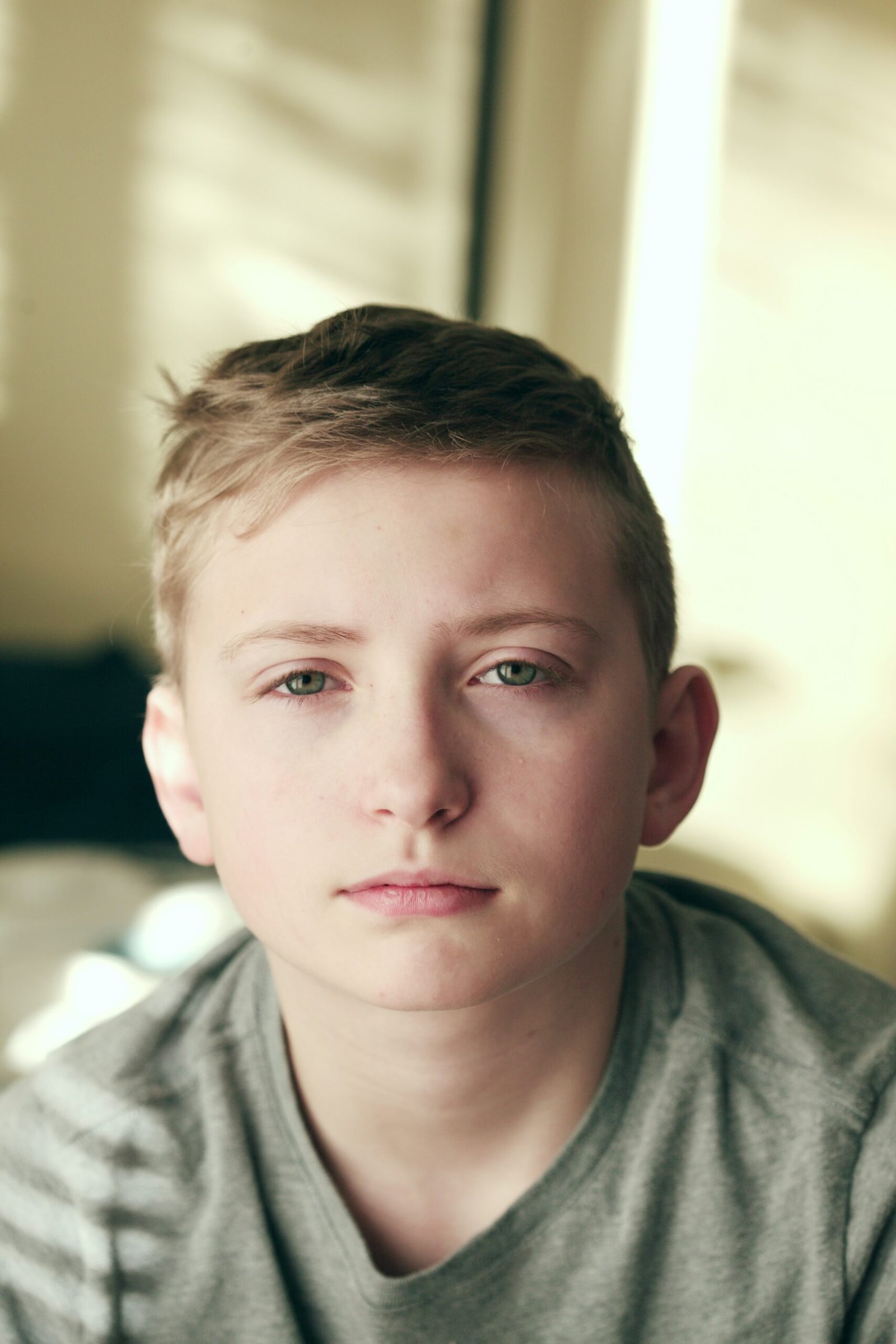Parenting comes with many questions and uncertainties—especially when you notice your child struggling in some situations as focus, emotional regulation, or physical coordination. These signs could indicate a neuro-developmental delay—a condition where the brain takes longer to develop certain skills.
If you’re concerned, it’s important to know that your child’s brain has the potential to grow and adapt at any stage, and In the Cortex offers effective tools to support families on this journey.
What Are Neuro-Developmental Delays?
Neuro-developmental delays occur when some areas of the brain lag in their development, creating gaps in essential skills. These gaps can show up in different ways:
- Struggles to focus or stay on task
- Emotional outbursts or difficulty managing feelings
- Clumsiness or lack of coordination
- Challenges in learning new skills or keeping up in school
These behaviors don’t mean that a child is failing—they are the brain’s way of signaling that it needs more time and specific tools to fully develop. Fortunately, through neuroplasticity—the brain’s ability to rewire and build new connections—children can overcome these challenges.
Why Do Neuro-Developmental Delays Happen?
The brain develops from the lower brain (responsible for basic reflexes) to the higher brain (which manages learning, emotions, and decision-making). Ideally, as children grow, these early reflexes should be integrated, allowing the higher brain to take control.
When this process is disrupted, primitive reflexes remain active, keeping the brain stuck in survival mode. This can prevent children from developing the focus, coordination, and emotional control they need to thrive at school and home. These disruptions can happen for various reasons, including:
- Premature birth
- Stressful pregnancies or birth trauma
- Lack of physical movement during early childhood
- Genetic or environmental factors
What Should Parents Look For?
If you notice behaviors like emotional meltdowns, trouble sitting still, or difficulty with fine motor skills, it’s worth exploring whether a neuro-developmental delay could be contributing. Pay attention to patterns such as:
- Frequent frustration with small tasks
- Inability to follow instructions
- Excessive fidgeting or poor posture
- Difficulty making and keeping friends
If these signs sound familiar, it’s time to consider solutions that focus on supporting the brain’s development—and that’s where ITC can help.
And if you’re a parent looking to know more about In the Cortex, but struggling with the time to read more…Listen to our podcast!
How In the Cortex Can Help Your Family
At In the Cortex , we believe that the brain is constantly growing, and even small, intentional movements can make a significant difference. Our family-friendly program is designed to fit easily into your routine, helping you and your child make steady progress without feeling overwhelmed.
Here’s how our approach works to address neuro-developmental delays:
1. Personalized Support for Families
No two children are the same, and neuro-developmental delays can vary in both severity and symptoms. That’s why ITC offers customized programs for families, ensuring that the exercises meet the unique needs of your child. Whether the focus is on emotional regulation, attention, or coordination, ITC provides practical solutions tailored to your family’s situation.
2. Movement-Based Brain Reorganization
Our program focuses on daily exercises that tap into the brain’s ability to reorganize itself. These movements are simple but highly effective, working to release unresolved primitive reflexes and create new neural pathways.
Why This Works: Physical movements engage the brain in ways that traditional learning methods cannot. They stimulate the lower brain, laying the foundation for more advanced skills like problem-solving and emotional control.
These exercises take less than 20 minutes a day, making them easy to incorporate into your family’s routine—whether during morning playtime or before bedtime.
3. Ongoing Progress Tracking
At ITC, we understand that consistent practice is key to seeing results. Our program includes tools for parents to track progress, ensuring you can celebrate small victories along the way. Tracking progress also allows adjustments to exercises, ensuring that your child continues to develop at their own pace.
You’ll be able to see how these daily movements translate into real-world improvements, such as:
- Fewer emotional meltdowns
- Improved ability to stay on task
- Enhanced coordination and motor skills
4. Building Confidence Together
Neuro-developmental delays can affect a child’s self-esteem, especially when they feel “different” from their peers. ITC’s program not only focuses on brain reorganization but also empowers families to support their children emotionally.
By participating in these activities together, parents and children build stronger connections, creating an environment where growth and learning are celebrated. Over time, your child will gain confidence as they see their abilities improve.
It’s Never Too Late to Start
One of the most important messages for parents to understand is that neuro-developmental delays can be addressed at any stage. It’s never too late to help your child—or even yourself—overcome these challenges. With the right support and consistent practice, the brain can grow and adapt, no matter how long the delay has been present.
How In the Cortex Program Makes a Difference
Parents who commit to In the Cortex’s program often share stories of profound changes within weeks or months. They report that their children are more focused, emotionally balanced, and confident. The best part? These transformations happen without medication—just through intentional movements and brain reorganization techniques.
Ready to Help Your Child Thrive?
Your child’s potential is limitless, and In the Cortex is here to guide your family every step of the way. If you’ve noticed signs of neuro-developmental delays, it’s time to take action and explore how brain reorganization can help your child—and your family—move forward.Explore our programs for families here and start your journey today. Together, let’s help your child close the developmental gaps and unlock their full potential.



